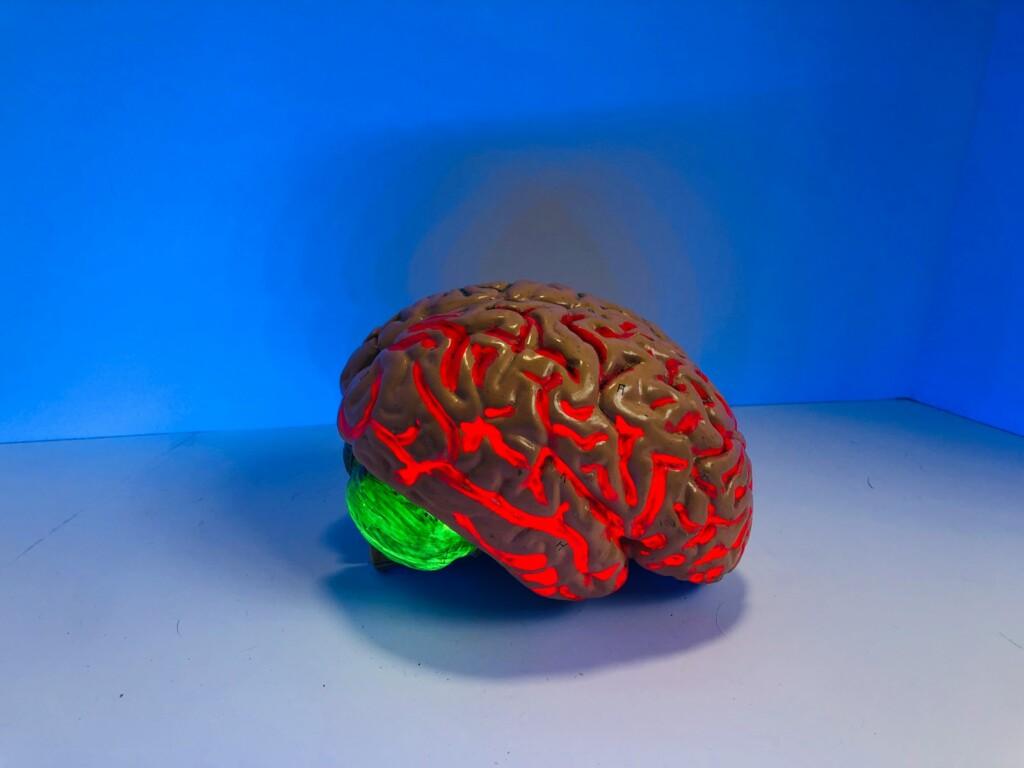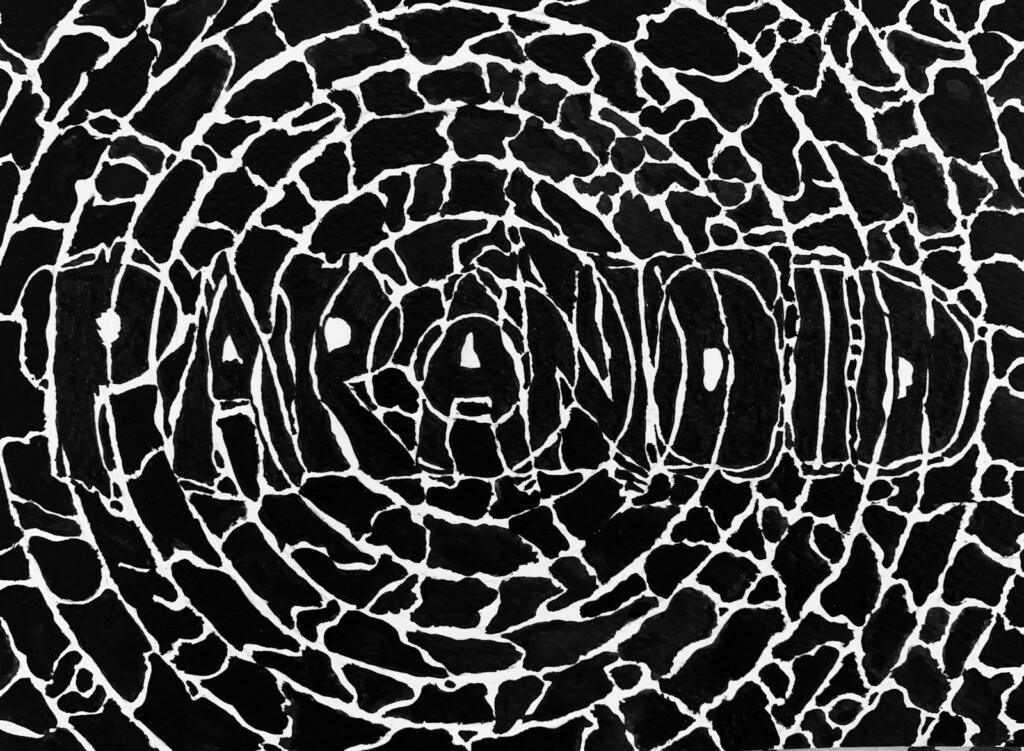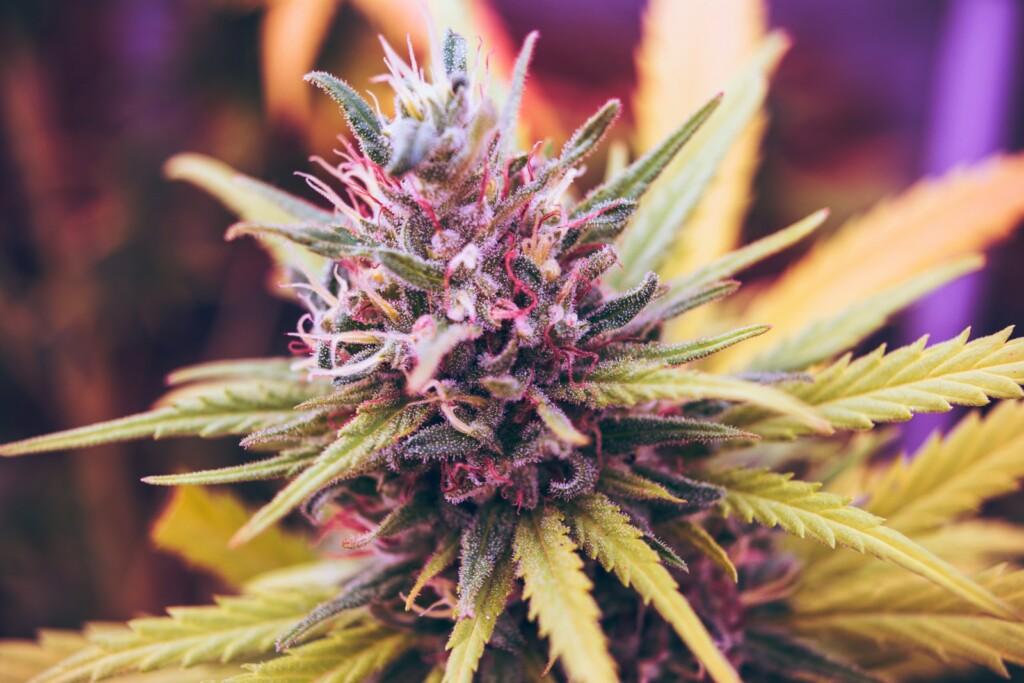An In-Depth Exploration of Cannabis, THC, and Their Neurological Impact
The use of marijuana has sparked widespread debate and scientific curiosity for decades, especially as legalization spreads and societal attitudes evolve. Central to this discussion is tetrahydrocannabinol (THC), the primary psychoactive compound in cannabis responsible for the characteristic “high.” But how exactly does marijuana, and specifically THC, affect the brain? This article delves into the science behind THC’s neurological effects, examining both short-term and long-term impacts while balancing therapeutic potential with risks.
Understanding THC and the Endocannabinoid System
To understand how marijuana affects the brain, it is crucial to explore the endocannabinoid system (ECS)—a complex cell-signaling network critical for regulating mood, memory, pain sensation, and appetite.

The ECS involves:
- Endocannabinoids: Naturally occurring cannabinoids in the body (e.g., anandamide).
- Receptors: CB1 receptors (primarily in the brain) and CB2 receptors (mostly in the immune system).
- Enzymes: Responsible for breaking down endocannabinoids after their job is done.
THC interacts primarily with CB1 receptors, mimicking the action of endocannabinoids but in a more potent and prolonged manner. This interaction disrupts normal signaling patterns, leading to the effects commonly associated with cannabis consumption.
Short-Term Effects of THC on the Brain
When THC binds to CB1 receptors in the brain, it influences several regions responsible for cognitive and emotional functions. These effects can vary depending on dosage, method of consumption, and individual tolerance.
1. Euphoria and Altered Perception

- THC activates reward pathways by increasing dopamine release, leading to feelings of euphoria.
- Sensory perception may become heightened, with colors appearing brighter and sounds more intense.
2. Memory Impairment

- The hippocampus, a brain region critical for memory formation, is heavily affected by THC.
- Short-term memory can be impaired, making it difficult to retain new information during intoxication.
3. Impaired Coordination and Reaction Time

- The cerebellum and basal ganglia, regions responsible for motor control, can be influenced by THC.
- This leads to delayed reaction times, poor coordination, and a higher risk of accidents.
4. Increased Appetite (“Munchies”)

- THC stimulates the hypothalamus, enhancing food cravings even when the body doesn’t need calories.
Long-Term Effects of THC on Brain Health
While occasional cannabis use may result in minimal long-term consequences, chronic or heavy consumption can have more profound neurological implications.

1. Cognitive Decline and Memory Issues
- Long-term THC exposure may impair neuroplasticity—the brain’s ability to form new connections.
- Studies suggest a correlation between early cannabis use and decreased IQ scores, especially when use begins in adolescence.
2. Structural Brain Changes
- Imaging studies reveal subtle changes in brain structures like the hippocampus and prefrontal cortex in long-term users.
- However, these findings remain debated, as other lifestyle factors (e.g., alcohol use) can influence results.
3. Mental Health Risks
- Chronic THC use has been linked to an increased risk of psychiatric disorders, including:
- Anxiety and Panic Disorders
- Depression
- Psychosis and Schizophrenia: Especially in individuals with a genetic predisposition.
Does Marijuana Kill Brain Cells? Debunking Myths
The claim that marijuana directly “kills brain cells” has been largely debunked. However, THC can disrupt brain function without causing neuronal death.

- Neurotoxicity vs. Neuroplasticity: While THC doesn’t kill cells outright, it may impair neuroplasticity, especially during developmental stages like adolescence.
- Reversible Effects: Some studies indicate cognitive function can recover after a period of abstinence.
Potential Therapeutic Effects of THC on the Brain
While THC’s psychoactive effects raise concerns, it also has potential therapeutic applications when used responsibly under medical guidance.
1. Pain Management

- THC alters pain perception pathways, making it effective for chronic pain conditions like neuropathy and arthritis.
2. Neuroprotection and Anti-Inflammation

- Some research suggests that cannabinoids may have neuroprotective properties, reducing inflammation and oxidative stress in conditions like multiple sclerosis and Alzheimer’s disease.
3. Anxiety and PTSD Relief

- Low doses of THC can reduce amygdala hyperactivity, which is linked to fear responses and PTSD symptoms.
- However, excessive doses may exacerbate anxiety, emphasizing the importance of controlled use.
THC and Adolescent Brain Development
Adolescence is a critical period for brain maturation, with significant development occurring in the prefrontal cortex—the region responsible for decision-making, impulse control, and reasoning.

Research suggests that early, frequent cannabis use may:
- Disrupt normal developmental trajectories.
- Increase susceptibility to mental health conditions.
- Impair academic performance and motivation.
These findings support the argument for age restrictions and responsible regulation of cannabis access.
Can You Overdose on THC?
Unlike opioids or alcohol, THC overdoses are rarely fatal due to the lack of CB1 receptors in the brainstem, which controls vital functions like breathing. However, THC toxicity can result in:

- Severe anxiety and paranoia.
- Increased heart rate and blood pressure.
- Temporary cognitive disorientation.
In such cases, hydration, rest, and reassurance are often sufficient until symptoms subside.
CBD vs. THC: How They Differ in Brain Impact
Cannabidiol (CBD) is another prominent cannabinoid found in cannabis, but unlike THC, it is non-psychoactive.
- THC: Directly binds to CB1 receptors, producing intoxication.
- CBD: Modulates ECS activity indirectly, counteracting some of THC’s psychoactive effects.
This balance has made CBD-dominant cannabis strains popular for medicinal use without the “high.”
Conclusion: Balancing Benefits and Risks
Marijuana and THC affect the brain in complex ways, offering both therapeutic potential and neurological risks. While THC can impair memory, coordination, and mental health with heavy or early use, it also holds promise for pain management, neuroprotection, and mood regulation when used responsibly.

As cannabis laws continue evolving, it is vital to approach THC effects on the brain with informed decision-making, considering both scientific evidence and individual health factors.
Key Takeaways:
- THC binds to CB1 receptors, altering brain functions like memory, mood, and perception.
- Short-term effects include euphoria, memory impairment, and altered sensory perception.
- Long-term heavy use may lead to cognitive decline and increased mental health risks.
- Therapeutically, THC can aid in pain relief, inflammation reduction, and mood stabilization.
- Responsible use and further research are key to harnessing the benefits while minimizing harm.
Sources:
- Volkow, N.D., Baler, R.D., Compton, W.M., & Weiss, S.R.B. (2014). Adverse Health Effects of Marijuana Use. New England Journal of Medicine.
- National Institute on Drug Abuse (NIDA). (2021). Marijuana Research Report.
- Battistella, G., et al. (2014). Long-term effects of cannabis on brain structure. Neuropsychopharmacology.
- Bloomfield, M.A., Hindocha, C., et al. (2019). The neuropsychopharmacology of cannabis. The Lancet Psychiatry.
- Hurd, Y.L. (2017). Cannabidiol: Barriers to Research and Potential Medical Benefits. American Journal of Psychiatry.

